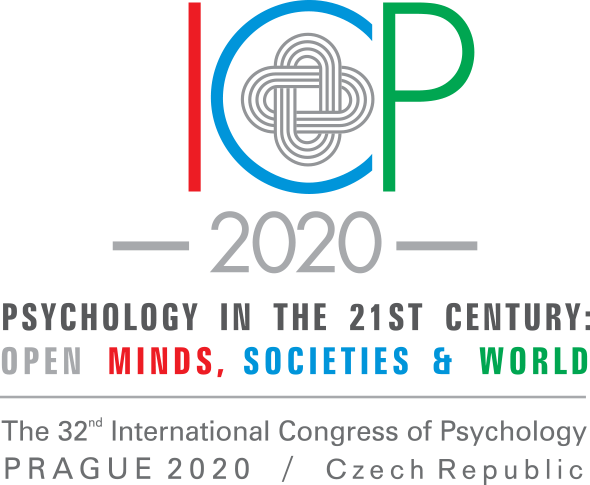

Guerda Nicolas


Dr. Guerda Nicolas, Professor in the Educational and Psychological Studies department at University of Miami, School of Education and Human Development; Secretary General of the Caribbean Alliance of National Psychological Association; and Co-Founder of Ayiti Community Trust. She obtained her doctoral degree in clinical psychology from Boston University. She completed her predoctoral training at Columbia University Medical Center and her postdoctoral training the New York State Psychiatric Institute/Columbia University, Department of Child Psychiatry. As a multicultural (Haitian American) and multilingual psychologist (Spanish, French, and Haitian Creole), her research is reflective of her background and interests. Her current research focus on the integration of race and culture and well-being for ethnically diverse and immigrant communities. Some of the projects that she is currently working on includes: promoting academic excellence among ethnically diverse youth, identify development of Black youths, and empowering ethnically diverse parents to be effective parents. In addition, she conducts research on social support networks of Caribbean populations with a specific focus on Haitians. She has published several articles and book chapters and delivered numerous invited presentations at the national and international conferences in the areas of women issues, depression and intervention among Haitians, social support networks of ethnic minorities, and spirituality. She is the recipient of the 2018 Humanitarian Award of the American Psychological Association.
She is the Co-Editor of the Book Series, Pan-African Psychologies with Palgrave Publisher,
Her recent books includes: Contemporary Parenting: A Global Perspective, by Routledge Press. Through a global, multidisciplinary perspective, this book describes how four factors influence parenting practices: a countries historical and political background, the parent’s educational history, the economy and the parent’s financial standing, and advances in technology. Part 1 reviews each of these factors in detail. Part 2 features cases that illustrate the impact these factors have on parenting practices around the world including Europe, the Americas, Africa, Asia, and the Caribbean.
Building Mental Health Capacity in Haiti through Collaborative Partnerships
by Nova Publishers. This monograph is a guidebook focusing on how to implement mental health training programs internationally. The book is structure in a way that utilizes Haiti as an example of what scholars who are interested in global mental health can do to effectively implement a training program internationally.
Social Networks and the Mental Health of Haitian Immigrants by Caribbean Studies Press provides information regarding the lives of Haitian immigrants through research at the intersection of culture, social networks, and mental health. In addition, recommendations for providing culturally sensitive and effective services are included in the book.
Conséquences Psychologiques de la Pauvreté Extrême En Haïti (The Psychological Consequences of Extreme Poverty in Haiti) by Grégory Gustemable and Guerda Nicolas; Caribbean Studies Press
Despite the prevailing narrative of Ayiti being the poorest in the western hemisphere, few published books focus on the psychological effects of poverty on the residents of the country. This book is not meant to be the in and be all but serve to provide an example of one community in the country and the impact of poverty on the residents of that small community. Similar to many countries, Ayiti is very diverse in many elements and thus, it should not be expected that the result of this small town in Haiti is applicable to all parts of Haiti. It is our hope that the information presented will entice more research on this area in different parts of the country with further examining on variables such as age, gender, etc. to illuminate the consequences of poverty on all and develop some clear plan of actions for moving forward. From reading the stories of the individuals in this book, it is clear that something must be done now to eradicate poverty in Ayiti.